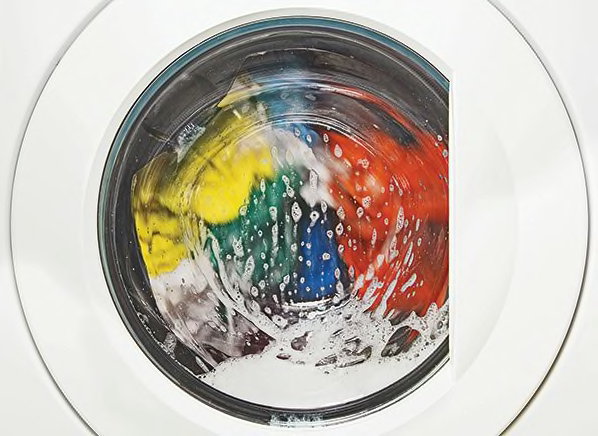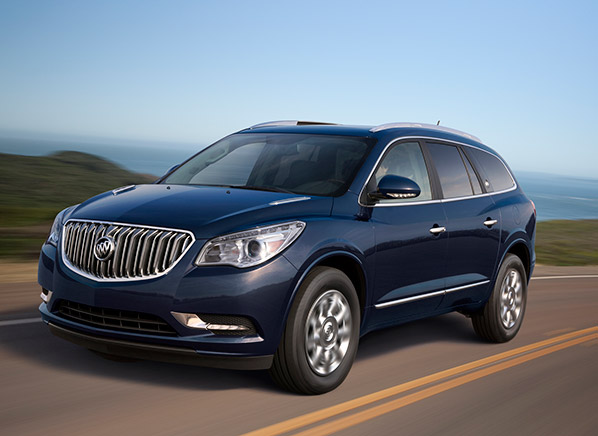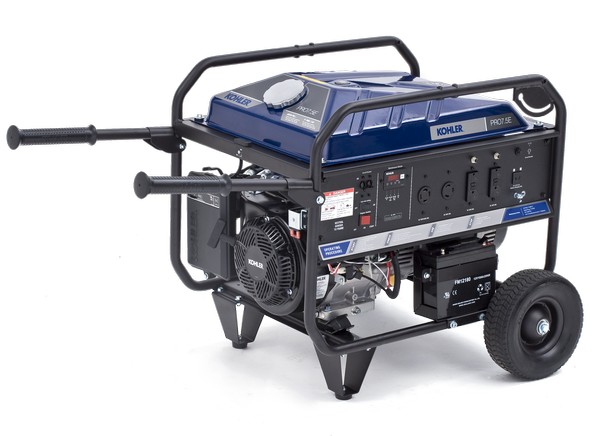Nearly a decade after reports first surfaced linking the prescription pain reliever celecoxib (Celebrex) to an increased risk of heart attack, and two years after the American Heart Association (AHA) warned against the drug for people at risk of heart problems, about 11 million prescriptions for it are still filled each year, often for arthritis, menstrual cramps, and acute pain.
Why? Well, maybe it's no coincidence that Pfizer, maker of celecoxib, has resumed heavily advertising it directly to consumers, spending $54.8 million on ads in 2007 and $58.5 million in 2008. A new ad—a full two minutes long, and also available online at www.celebrex.com depicts a man walking a dog and riding a bike. It suggests that the drug is no riskier than other related nonsteroidal anti-inflammatory drugs, such as ibuprofen (Advil and generic) and naproxen (Aleve and generic).
While celecoxib may be appropriate for a small number of patients, our reservations about it remain strong. Here's why:
It's probably harder on the heart. Although the evidence is mixed, some meta-analyses, which assess the combined data from many clinical trials, have linked celecoxib at higher or more frequent doses to an increased likelihood of heart attack compared with either a placebo or naproxen. Indeed, the government's Agency for Healthcare Research and Quality now says that naproxen is less likely than other NSAIDs to harm the heart. And the AHA says celecoxib should be used to treat people at risk of heart attack only if other measures have failed. That recommendation is based mainly on the ways that celecoxib acts in the body, which in theory may harm the heart more than other NSAIDs.
It may not be much easier on the gut. An unfortunate effect of all NSAIDs is that they block production of an enzyme that normally protects the lining of the stomach from stomach acid. As a result, all NSAIDs pose an increased risk of gastrointestinal problems. It's true that celecoxib doesn't block that enzyme as much as other NSAIDs, and some evidence suggests that it's less likely than those drugs to cause abdominal pain, indigestion, and nausea. But it's less clear that the drug reduces the risk of more serious problems, such as gastrointestinal bleeding and perforation.
It's no more effective. Though some people do respond more to one NSAID over another, there's no evidence that for the average person Celebrex eases pain or reduces inflammation more effectively than any other related drug. And many people can get adequate relief from the non-NSAID pain reliever acetaminophen (Tylenol and generic). While that drug can cause serious liver damage, especially when taken in high doses or by people who drink heavily or have existing liver disease, it doesn't pose the same risks as NSAIDs to the heart or gut.
It's more expensive. Sold only as a prescription, brand-name drug, celecoxib can easily cost $130 or more a month for a standard dose, compared with about $25 for the generic, over-the-counter versions of acetaminophen, ibuprofen, or naproxen.

























